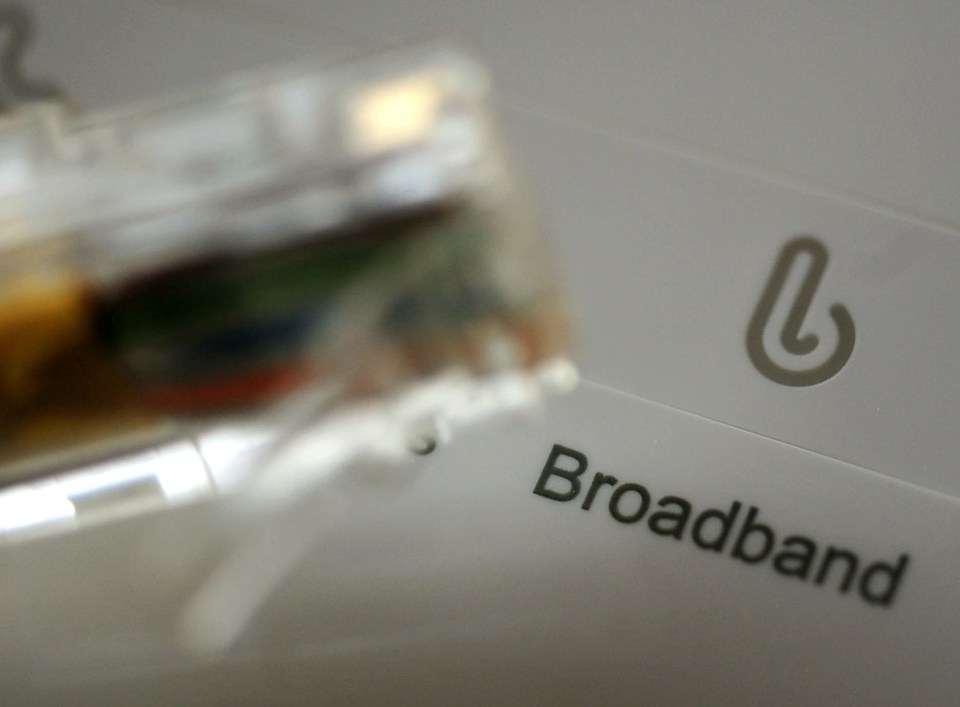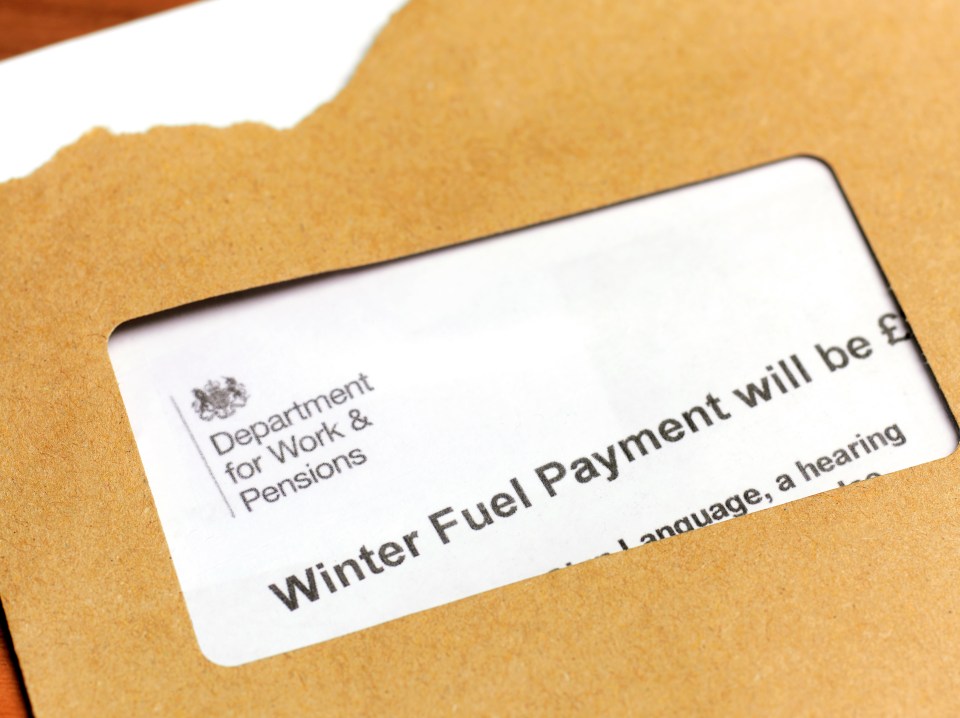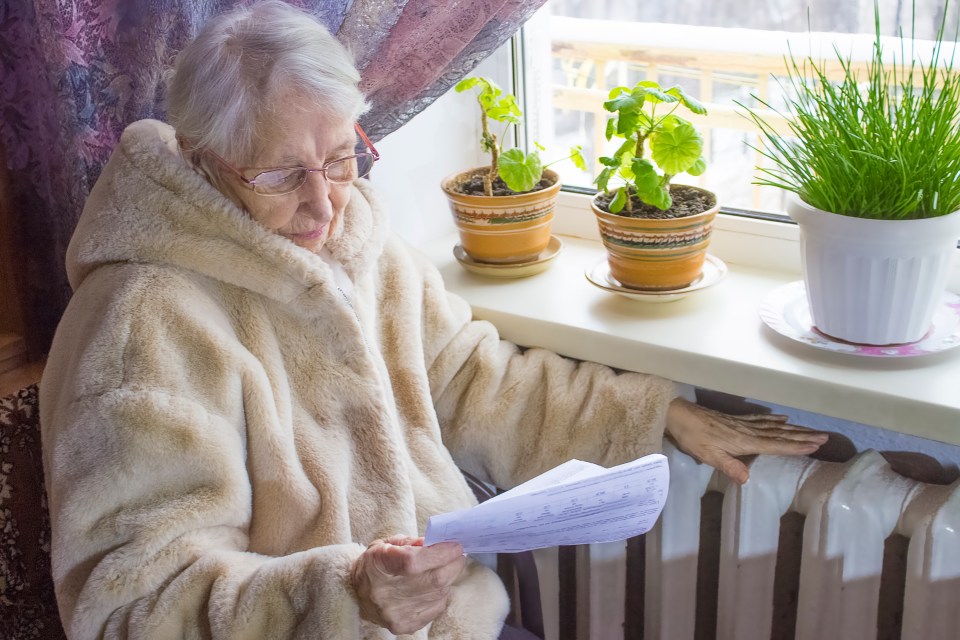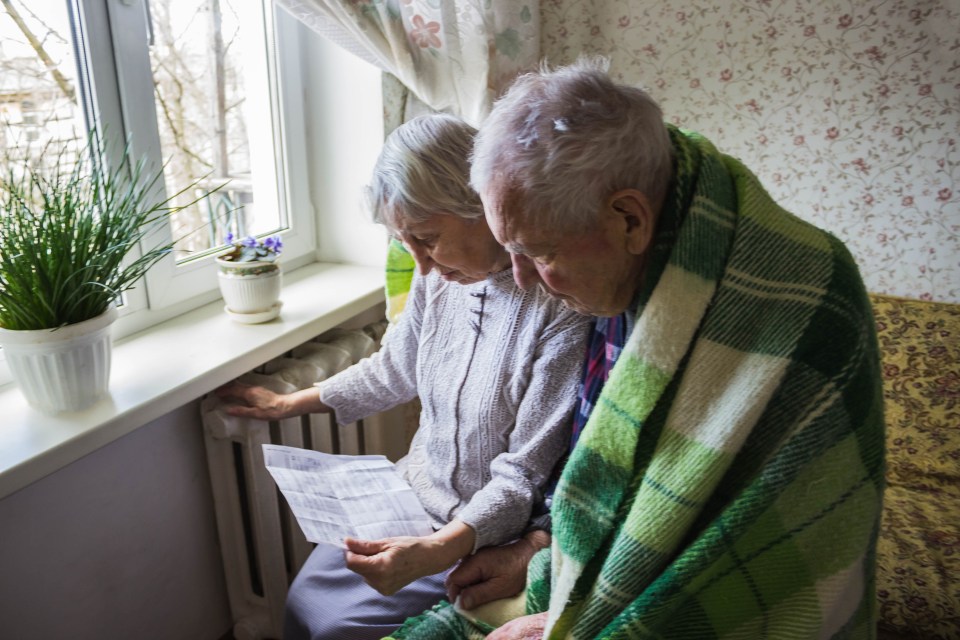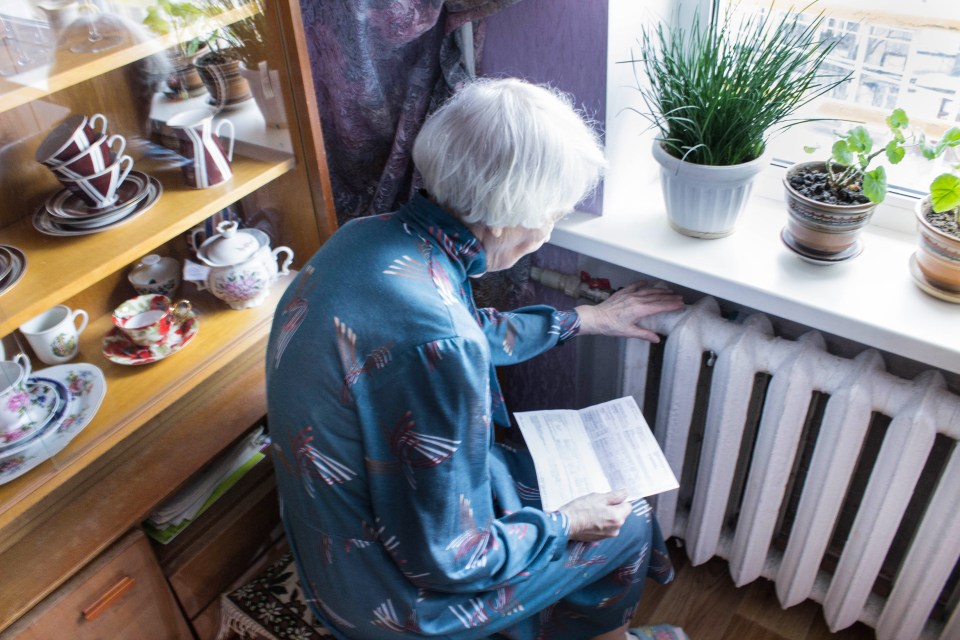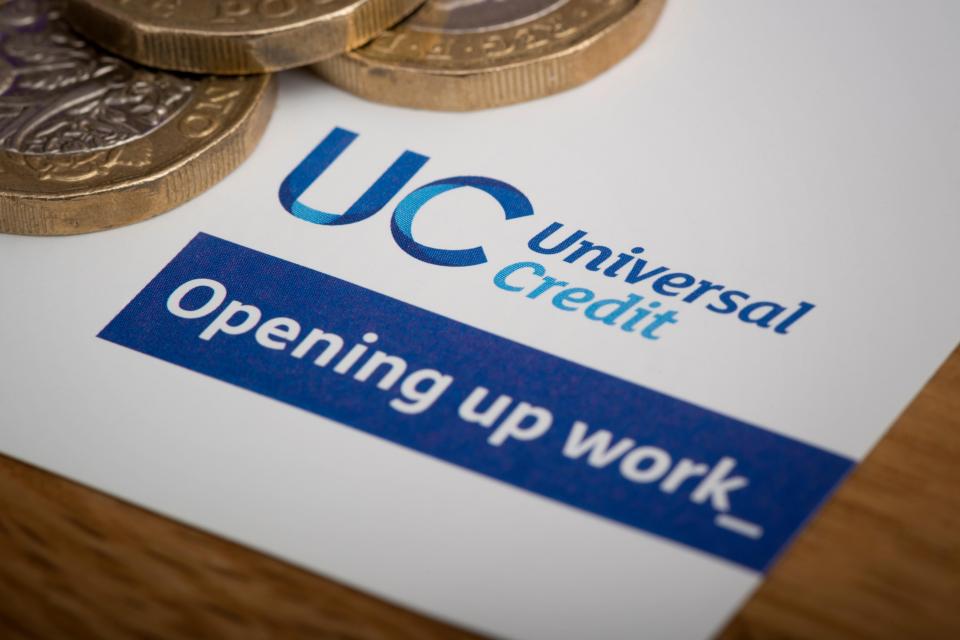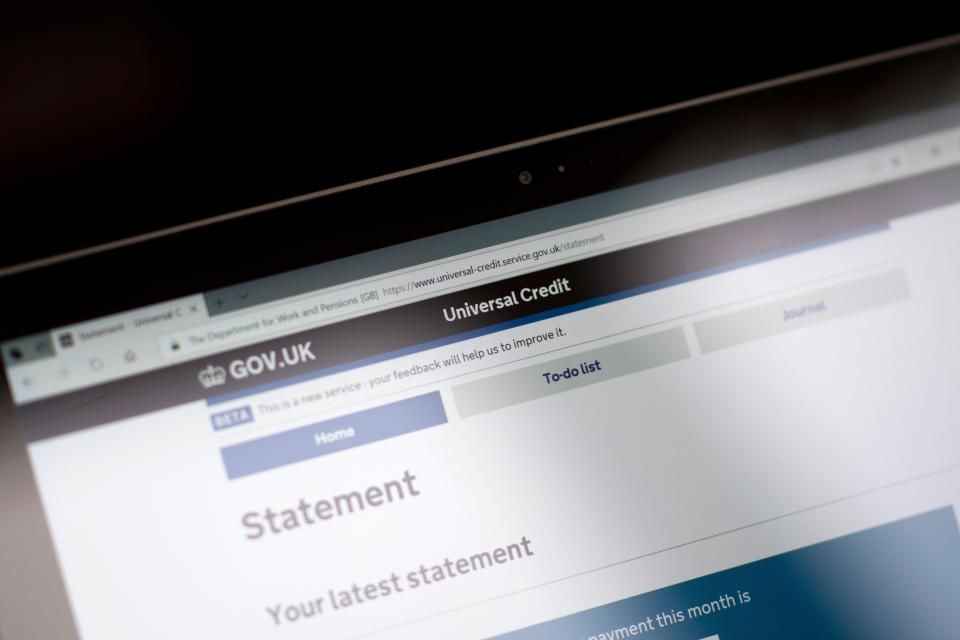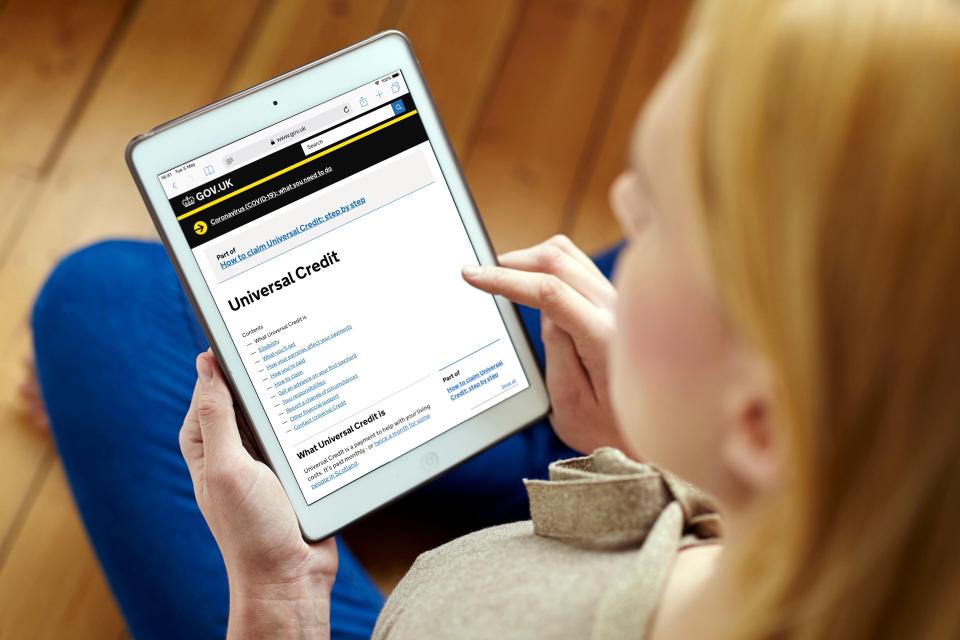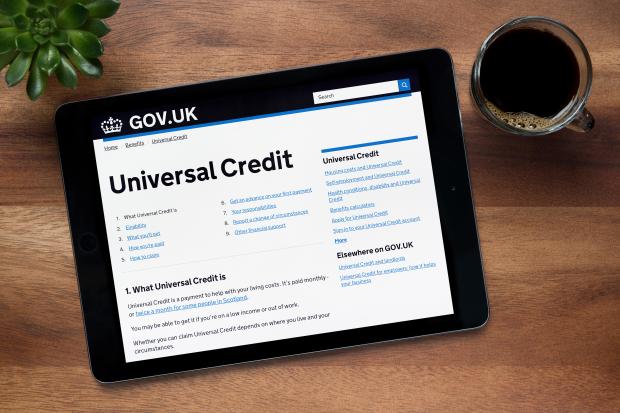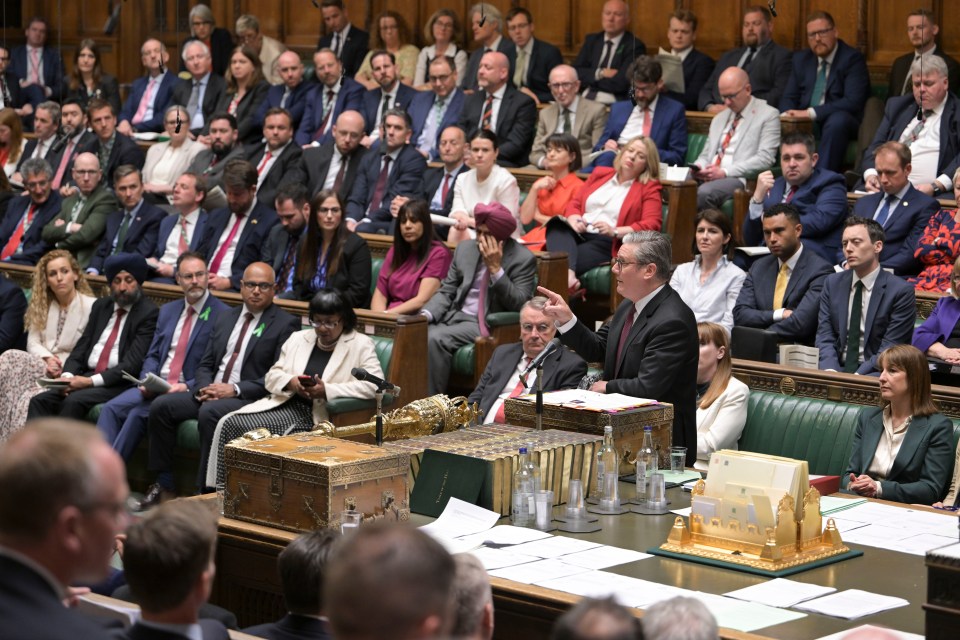Thousands of pensioners can apply for £300 bill help this winter in just DAYS – check if you can claim
THOUSANDS of pensioners will be able to apply for a winter cash boost worth up to £300 in just days.
More than nine million people are set to get the Winter Fuel Payment to help with their energy bills over the colder months.
Most people who are eligible will get the payment automatically, and will receive letters in the post from the DWP in October and November telling them how much cash they will receive.
However, certain pensioners will need to apply to get the benefit.
You can apply either by post or over the phone, and the DWP phone lines to make a claim open on October 13.
Postal applications opened earlier on September 15.
Pensioners have until March 31 2026 to make a claim.
The Department for Work and Pensions (DWP) has said that anyone claiming the following benefits does not need to make a claim:
- State Pension
- Pension Credit
- Universal Credit
- Attendance Allowance
- Personal Independence Payment (PIP)
- Carer’s Allowance
- Disability Living Allowance (DLA)
- Income Support
- income-related Employment and Support Allowance (ESA)
- income-based Jobseeker’s Allowance (JSA)
- awards from the War Pensions Scheme
- Industrial Injuries Disablement Benefit
- Incapacity Benefit
- Industrial Death Benefit
If you don’t receive any of these benefits, you’ll need to claim manually if you’ve not got the Winter Fuel Payment before, or if you’ve deferred your State Pension since your last Winter Fuel Payment.
While the highest amount of free support is £300, the total will depend on when you were born and your circumstances on the qualifying week, which is between September 15 and 21 of this year.
Pensioners born before September 22, 1959, with an income of £35,000 or below will be eligible for between £100 and £300 to help towards heating bills.
Those hoping to receive the cash must be 66 by the end of the qualifying week.
You won’t be eligible for the payment if you earn more than £35,000 a year, and HMRC will claw back the automatic payment made to you through your tax code or tax return.
Your income can come from a range of factors including, your private pension and state benefits.
Other people who won’t be eligible include those who:
- live outside England and Wales
- were in hospital getting free treatment for the whole of the week of 15 to 21 September 2025 and the year before that
- need permission to enter the UK and your granted leave says that you cannot claim public funds
- were in prison for the whole of the week of 15 to 21 September 2025
The Winter Fuel Payment was axed for 10million pensioners last year, with only those on certain benefits qualifying.
But the government was forced to perform a U-turn after a huge public outcry, with the funding now being reinstated for millions.
The gov.uk website provides further guidance on the scheme and how to make a claim.
Pensioners are also being warned to be wary of text messages from scammers posing as the DWP, who try to get you to click on a fake link to make a claim.
These are not official DWP messages and should be deleted, the government has said.
The Winter Fuel Payment is separate from the Warm Home Discount, which offers struggling households £150 off their electricity bill.
The money is not paid to you, and households that are eligible will have the discount applied to their bill by their energy provider.
What energy bill help is available?
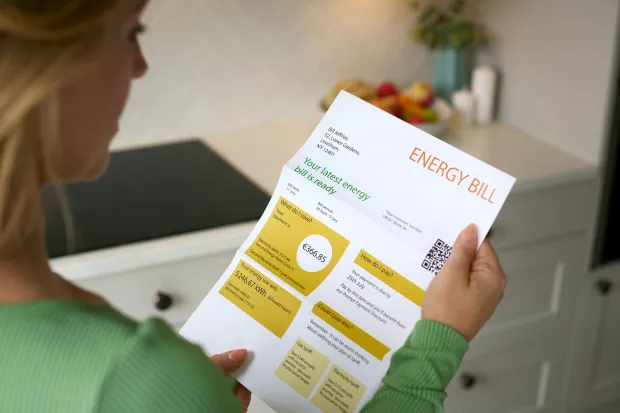
There’s a number of different ways to get help paying your energy bills if you’re struggling to get by.
If you fall into debt, you can always approach your supplier to see if they can put you on a repayment plan before putting you on a prepayment meter.
This involves paying off what you owe in instalments over a set period.
If your supplier offers you a repayment plan you don’t think you can afford, speak to them again to see if you can negotiate a better deal.
Several energy firms have schemes available to customers struggling to cover their bills.
But eligibility criteria vary depending on the supplier and the amount you can get depends on your financial circumstances.
For example, British Gas or Scottish Gas customers struggling to pay their energy bills can get grants worth up to £2,000.
British Gas also offers help via its British Gas Energy Trust and Individuals Family Fund.
You don’t need to be a British Gas customer to apply for the second fund.
EDF, E.ON, Octopus Energy and Scottish Power all offer grants to struggling customers too.
Thousands of vulnerable households are missing out on extra help and protections by not signing up to the Priority Services Register (PSR).
The service helps support vulnerable households, such as those who are elderly or ill.
Some of the perks include being given advance warning of blackouts, free gas safety checks and extra support if you’re struggling.
Get in touch with your energy firm to see if you can apply.
Do you have a money problem that needs sorting? Get in touch by emailing [email protected].
Plus, you can join our Sun Money Chats and Tips Facebook group to share your tips and stories




